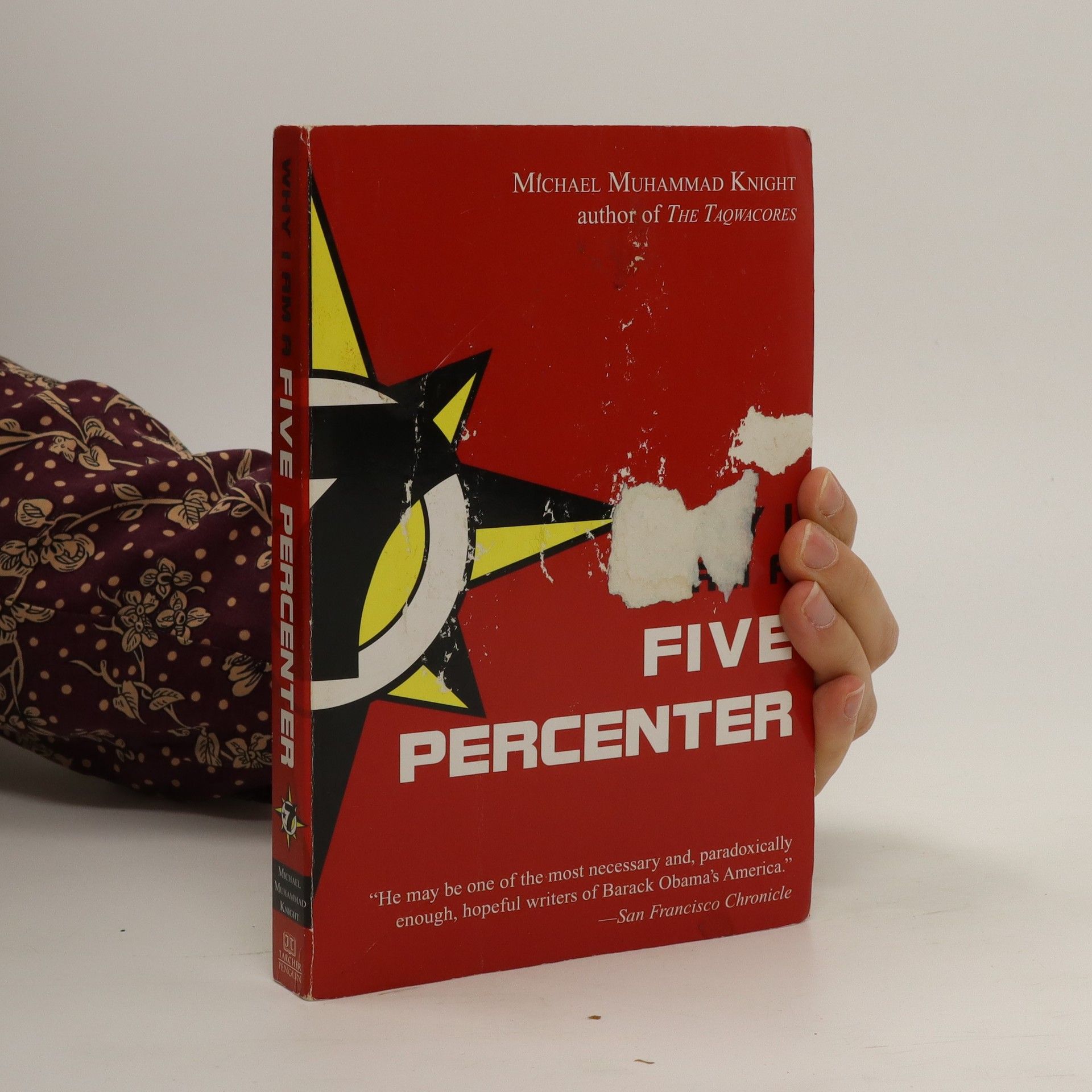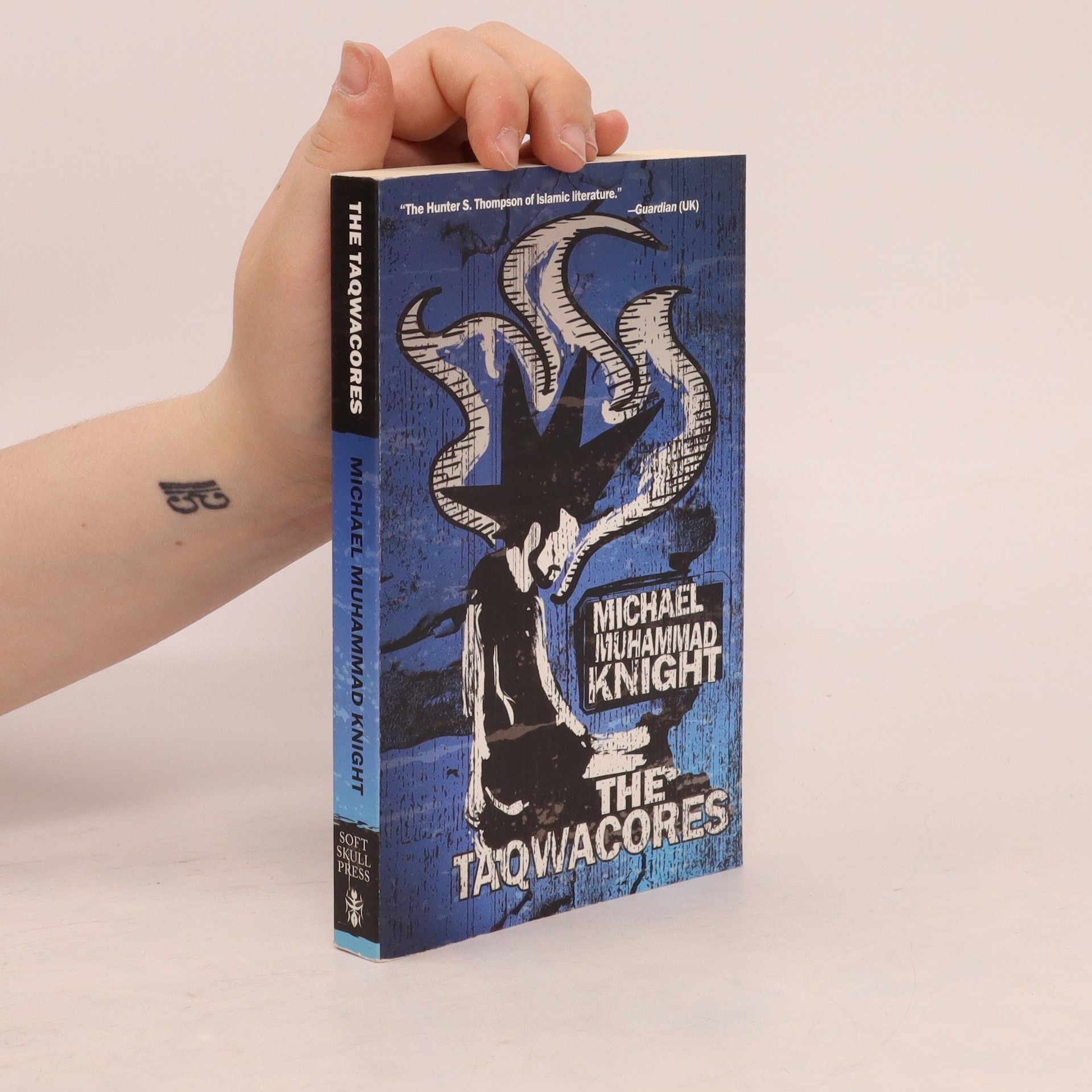Muhammad's Body
- 216pages
- 8 heures de lecture
Analysing classical Muslim literary representations of Muhammad's body as they emerge in Sunni hadith and sira from the eighth to the eleventh centuries, Michael Muhammad Knight argues that early Muslims' theories and imaginings about Muhammad's body contributed in significant ways to the construction of prophetic masculinity and authority.


